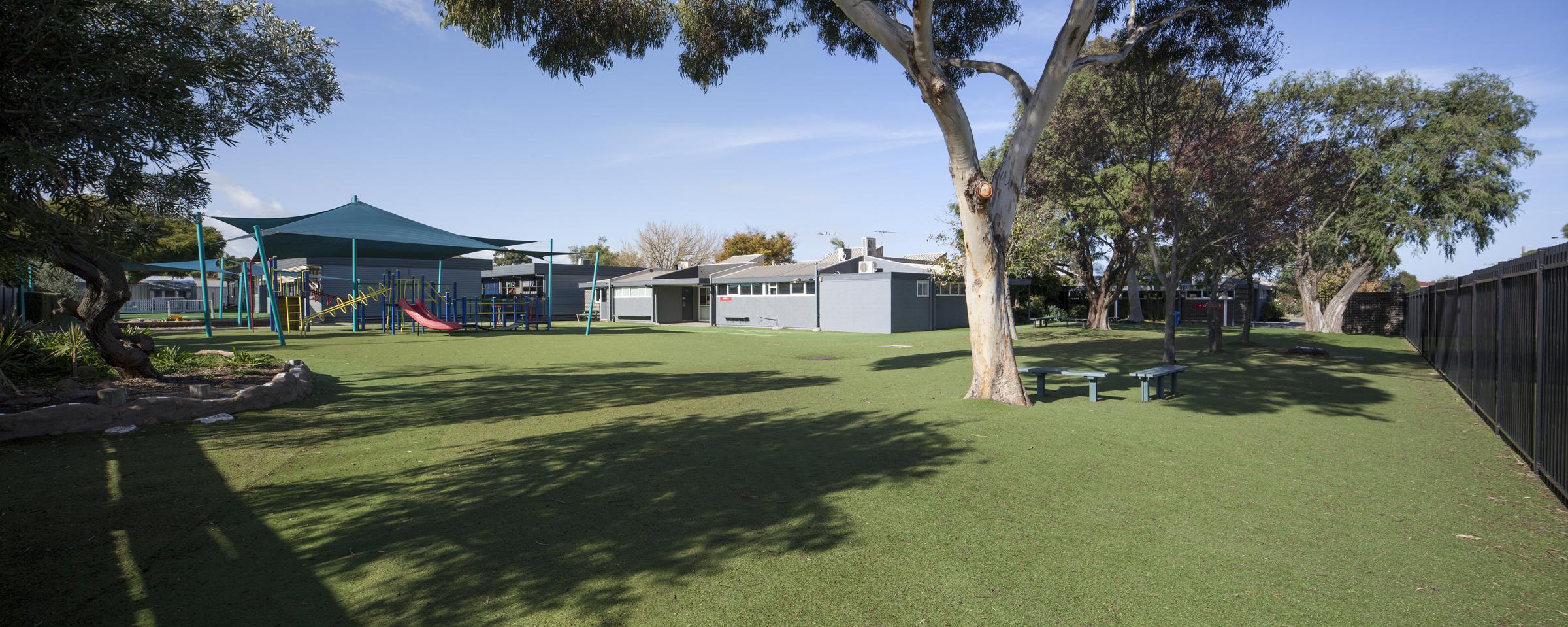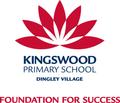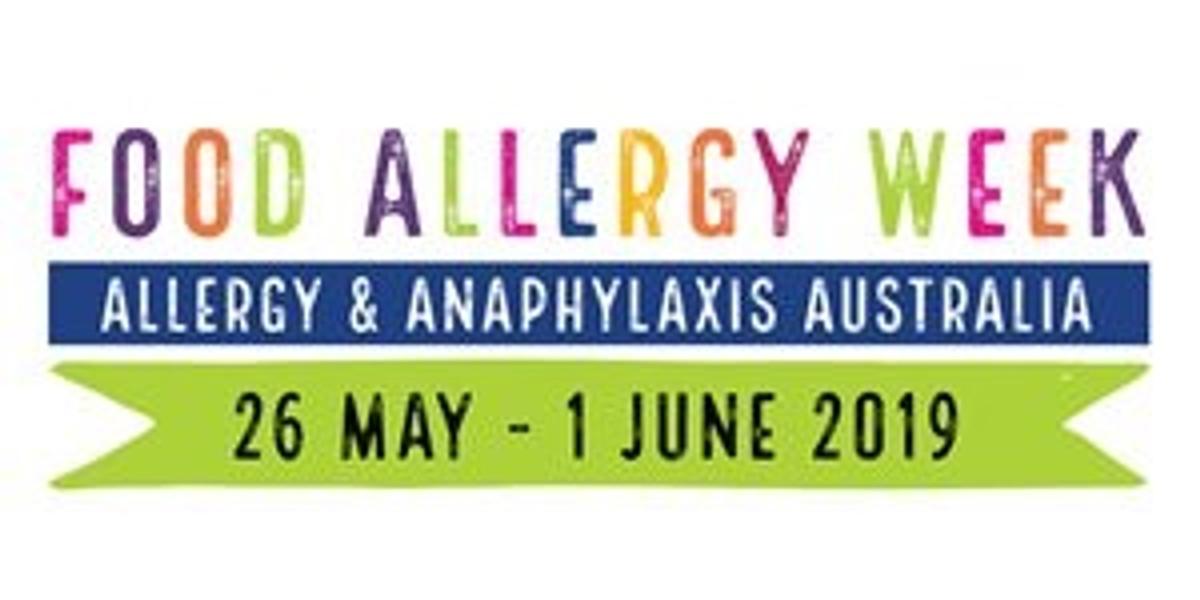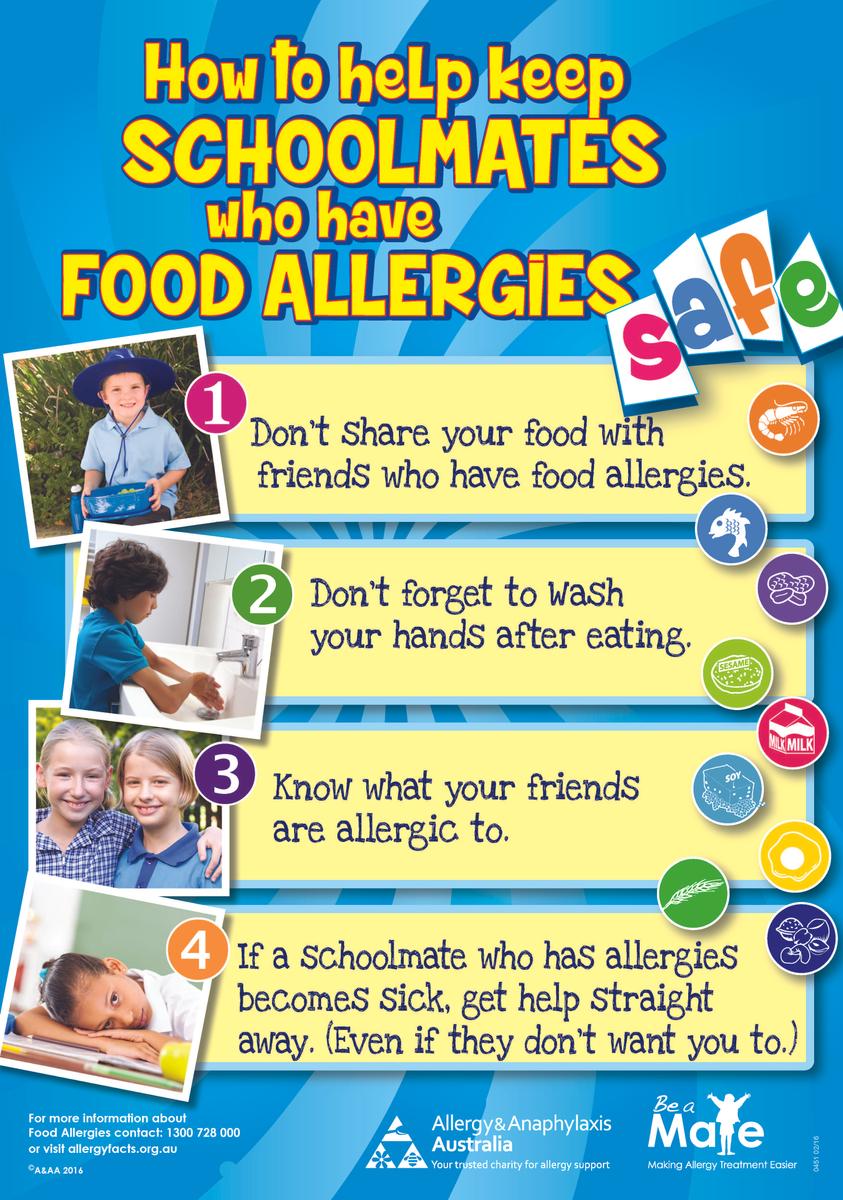Sickbay

Liliane Karidis
First Aid Officer
Food Allergy Week, 26 May – 1 June 2019
This is an important initiative that aims to increase awareness of food allergy in the community in an effort to promote understanding and help protect those at risk, whilst allowing them to have a good quality of life.
BASICS ABOUT FOOD ALLERGY:
- A food allergy is an immune system response to a food protein that the body mistakenly believes is harmful. When the individual eats food containing that protein, the immune system releases massive amounts of chemicals, triggering symptoms that can affect a person’s breathing, gastrointestinal tract, skin and/or heart.
- Symptoms of food allergy can include: hives, swelling of the lips, face and eyes, abdominal pain, vomiting, swelling of the tongue and/or throat, breathing difficulty, or a sudden drop in blood pressure. If left untreated, these symptoms can be fatal.
- It is estimated that up to 2% of Australians, including 1 in 10 infants suffer from food allergies and some of them will experience a life-threatening (anaphylactic) reaction.
- There are more than 170 foods known to have triggered severe allergic reactions. Examples include nuts, eggs, cow's milk, wheat, seafood, kiwi fruit, banana, chicken, mustard and celery.
- Currently, there is no cure for food allergy. Avoidance of food is the only way to prevent a reaction.
- Adrenaline is the first line treatment for severe allergic reactions and can be administered via an autoinjector called the EpiPen®.
At Kingswood Primary School we are committed to the wellbeing of our students.
The school is supporting children at risk of anaphylaxis by:
- training staff
- encouraging children to wash their hands before and after eating
- educating children about food allergies.
HOW CAN PARENTS HELP PROTECT CHILDREN?
We ask you to support children at risk of anaphylaxis by:
- teaching your child not to share food with friends
- considering sending non-food treats for birthdays (eg.stickers)
- encouraging your child to wash their hands before and after eating
- asking your child to get help immediately if their allergic schoolmate gets sick.
With your help, we can provide a safe environment that meets the needs of all our children.



